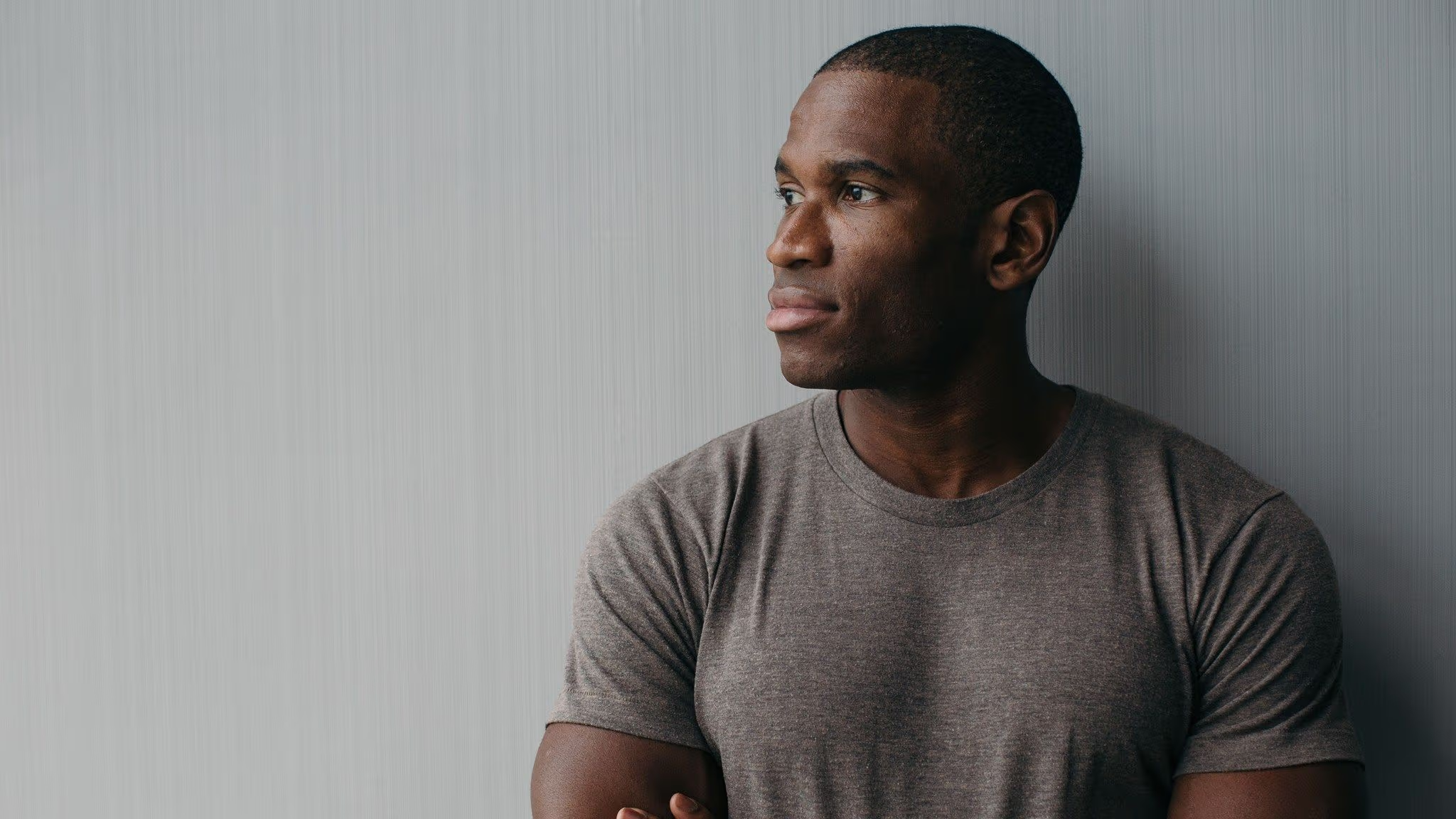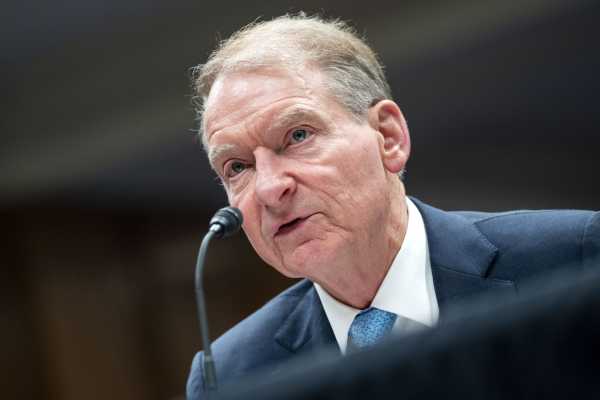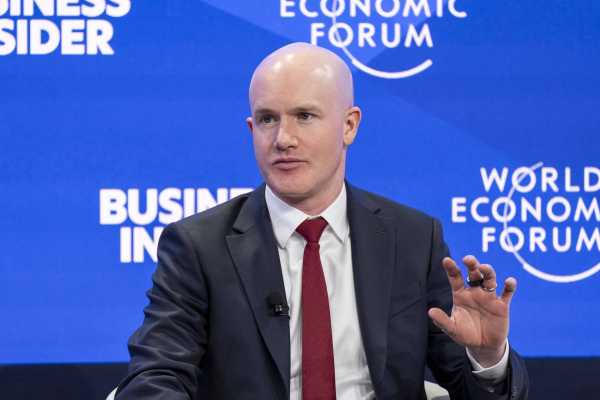Arthur Hayes: BTC to Reach $1M by 2028 Thanks to US-China Trade Deal Craft Hollow
Arthur Hayes Claims Bitcoin Will Reach $1 Million by 2028 Thanks to US-China Trade Deal Craft Hollow
Former BitMEX CEO insists the key driver of global liquidity is the US Treasury, not the Federal Reserve.
Sam Reynolds | Edited by Parikshit Mishra Updated May 8, 2025, 2:18 PM Published May 8, 2025, 6:21 AM

Key points:
- Arthur Hayes believes that the main institution influencing international liquidity and the future of Bitcoin is the Treasury Department, not the Federal Reserve.
- Hayes predicts that Bitcoin will reach $1 million by 2028 due to increased liquidity and geopolitical circumstances.
- He believes that trade agreements between the US and China will be symbolic, while real economic change will come from capital controls and taxes on foreign investment.
Arthur Hayes has a message for crypto investors and Bitcoin (BTC) holders worried about Federal Reserve policy as the U.S. and China edge closer to a trade deal: You're focusing on the wrong organization.
“The real action is at the Treasury. Ignore the Fed. It doesn’t matter,” Hayes told CoinDesk in a recent interview. “Powell didn’t matter in 2022 under a Democrat, and he doesn’t matter now under a Republican.”
For Hayes, the Federal Reserve has become less important. He argues that the real management of the money supply is carried out by Treasury Secretary Scott Bessent, who is quietly reshaping global liquidity through buyback strategies and auctions aimed at managing the growing U.S. debt burden.
It is this flood of liquidity, combined with the US's inability to control spending, that will lead to Bitcoin's price reaching $1 million by 2028, Hayes said.
“All we care about is the number of dollars in the system today versus yesterday,” Hayes said. “That's what matters.”
But he believes monetary policy is not the only factor. Hayes sees geopolitics adding to the tension, particularly in the context of symbolic trade diplomacy between the U.S. and China. As both sides take a stand, he says, they are likely to sign a deal that looks ambitious on the surface but doesn’t change the substance.
“On the surface, it will be a deal,” he added. “Trump needs to show he's been tough on China. Xi needs to show he's standing up to the West.”
Ultimately, China has demonstrated through its Covid-era policies that it can withstand more economic hardship. Because tariffs pose a political risk, Hayes believes the next step is taxing foreign investment—a quiet form of capital control aimed at reducing America’s reliance on foreign buyers without antagonizing domestic voters. Here’s how to get the American people to embrace trade redistribution.
“The only real policy that really works is capital controls,” he stresses.
There may be various instruments on the agenda.
Источник



